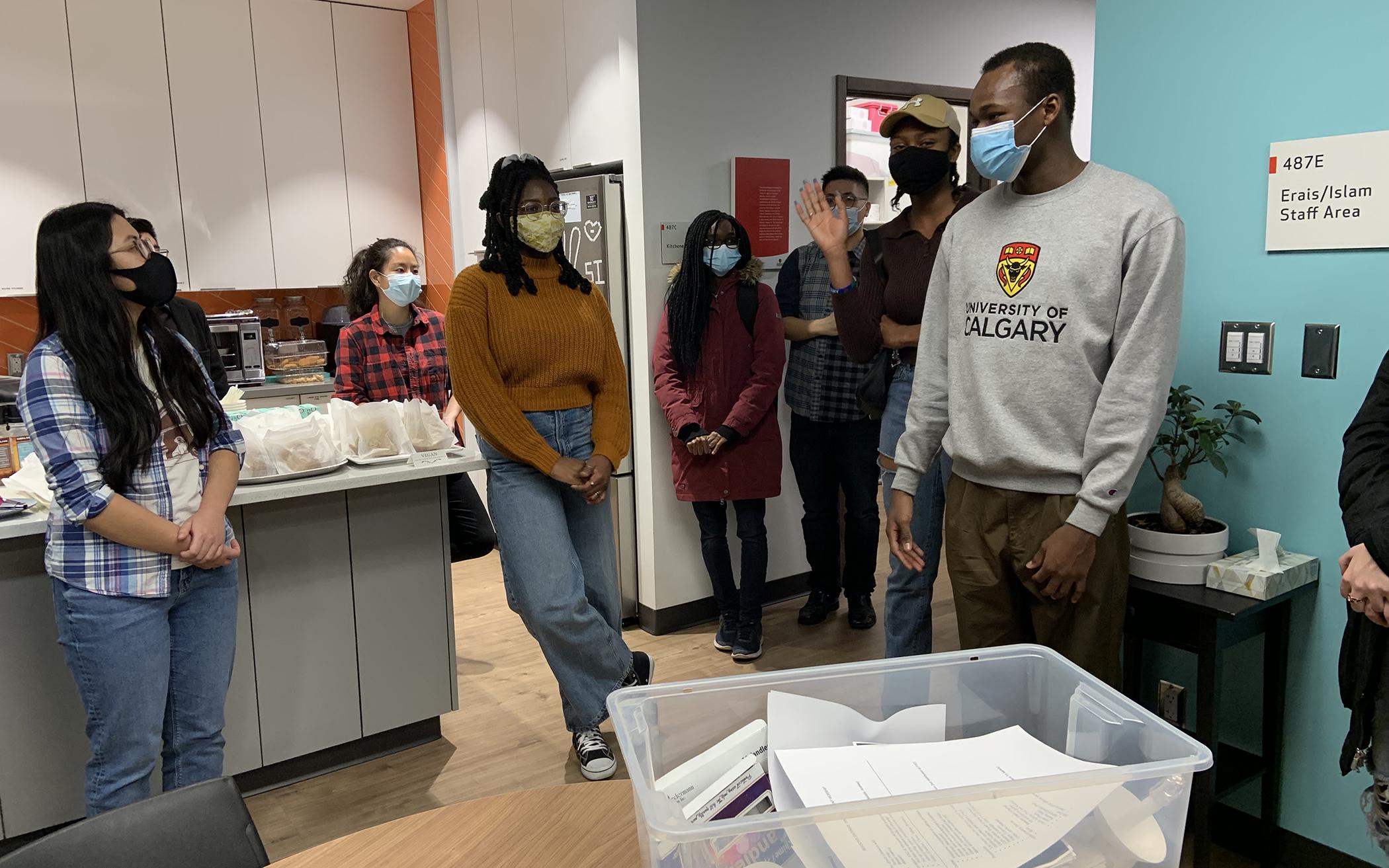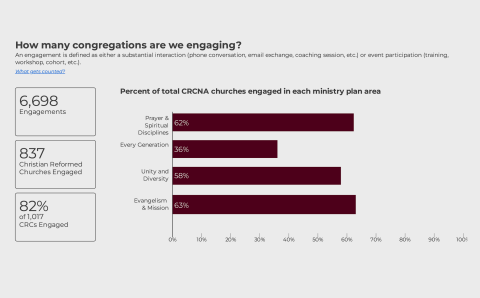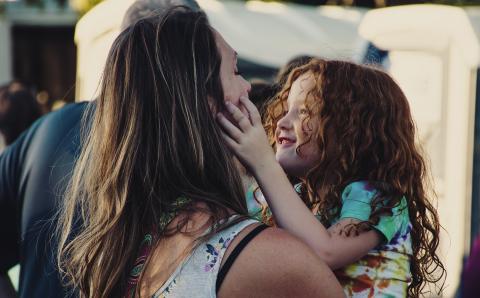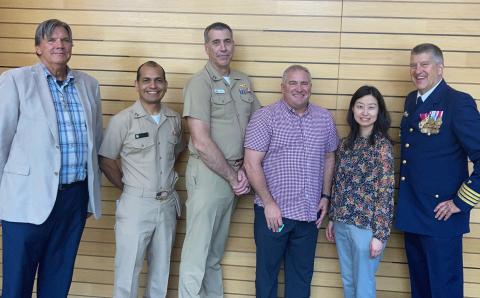The University of Calgary in Alberta, Canada, has been working toward Indigenous reconciliation. Christian Reformed Campus Ministry is supporting and joining that work.
“Since Christians were at the center of much of the harm and genocide toward Indigenous people in Canada, it is critical that we learn the truth, build real relationships with Indigenous people, and do our part in reconciliation,” said Layne Kilbreath, a Resonate Global Mission partner campus minister at the University of Calgary Campus Ministry.
By now, the story is familiar: In the past, many Indigenous children were forced into residential schools where they were required to conform not only to Western ways of living, but also to Christian beliefs, values, and traditions. Children were dressed in uniforms. Their hair was cut short. They were often given numbers instead of called by their names. They were forbidden to speak their language or practice their customs.
The University of Calgary’s Office of Indigenous Engagement does not want to follow the same path in today’s education.
“The university is not trying to assimilate Indigenous staff and students,” said Kilbreath. “It is exploring how to walk parallel paths together in a good way.”
In fact, “walking parallel paths together in a good way,” or ii'taa'poh'to'p, is the department’s motto.
This work is vital for the University of Calgary’s Campus Ministry as well. Campus ministers share that students often wonder how the Christian faith relates to important challenges and issues in culture and society today, including social justice and reconciliation. Indigenous reconciliation is one of the important issues that students, faculty, and staff on campus are wrestling with.
By joining in that work, campus ministries are adding a biblical perspective as they engage students, faculty, and staff on an issue they already care about. As Kilbreath explained, students are often not wondering how Jesus’ gospel makes a difference; they are questioning whether the gospel does make a difference. Being part of the discussion about Indigenous reconciliation is an important part of Chistian witness.
The work toward reconciliation will take a long time. So far, Kilbreath shared that the campus ministry is listening and learning. Kilbreath has invited and encouraged chaplains from a variety of ministries on campus to attend Indigenous events and learnings. This academic year, Kilbreath and the other chaplains are hoping to invite Indigenous elders to teach them and their students about Canada’s history with Indigenous people.
“It is important that as our chaplaincy loves (the University of Calgary), we learn to love what she loves,” Kilbreath said. “In this case, that manifests in a desire to learn and tell the real history of the Indigenous people and learn from Indigenous siblings and their ways of knowing, being, and doing.”
About the Author
Cassie Westrate, Resonate Global Mission









